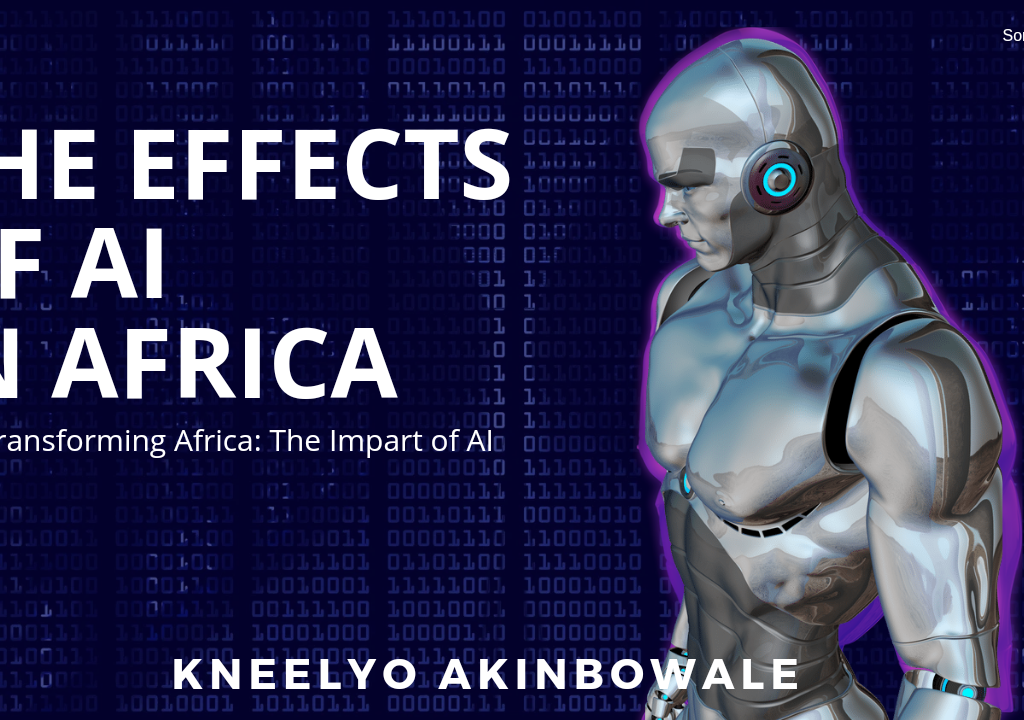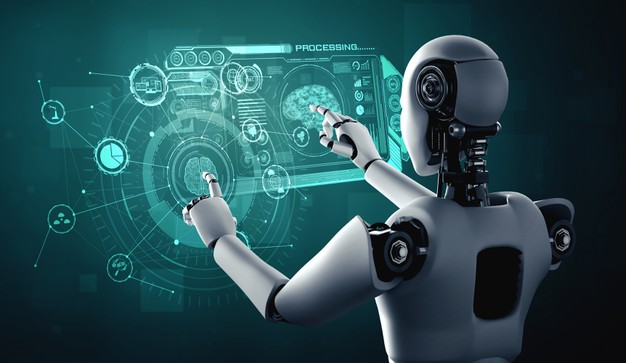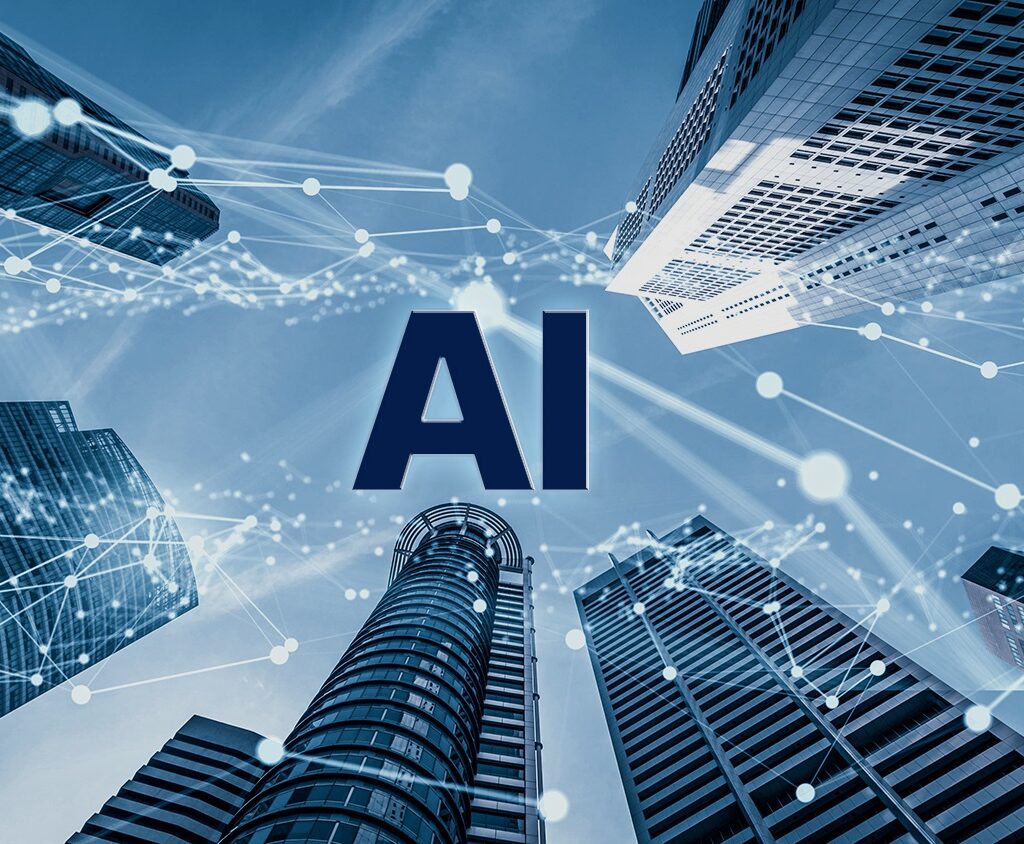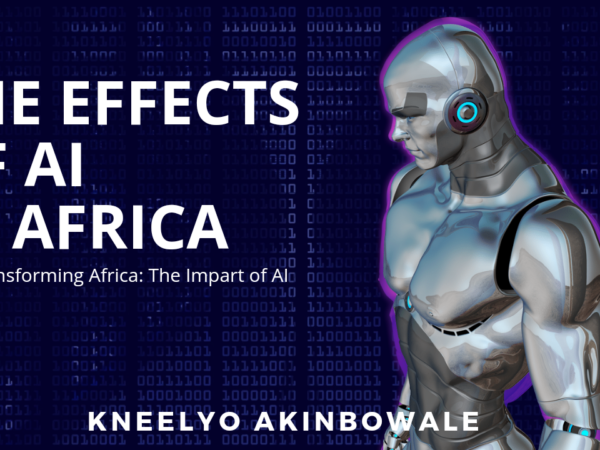
The rise of artificial intelligence (AI) is poised to bring about significant transformations across various sectors in Africa, with both positive and negative impacts. As the continent grapples with issues such as poverty, healthcare accessibility, education, and infrastructure, AI presents opportunities to address these challenges in innovative ways.
In healthcare, AI-powered diagnostic tools hold the potential to revolutionize medical care by improving early detection of diseases, especially in remote areas where access to healthcare professionals is limited. AI-driven telemedicine platforms can facilitate remote consultations and provide medical advice, enhancing healthcare delivery to underserved communities.

Moreover, AI-driven agricultural technologies can boost food production and security by optimizing crop yields, predicting weather patterns, and detecting diseases in crops. These innovations have the potential to uplift rural farmers, increase their incomes, and mitigate the impact of climate change on agriculture.

In education, AI-enabled personalized learning platforms can cater to the diverse needs of students, offering customized learning experiences and improving educational outcomes. Additionally, AI-driven chatbots and virtual tutors can provide educational support to students in remote areas, supplementing the efforts of teachers and addressing the shortage of qualified educators.

However, the widespread adoption of AI in Africa also raises concerns about job displacement and exacerbating existing inequalities. The automation of routine tasks in sectors such as manufacturing and customer service may lead to unemployment, particularly among low-skilled workers. To mitigate these effects, governments and policymakers must invest in reskilling and upskilling programs to prepare the workforce for jobs in the AI-driven economy.
Furthermore, there are ethical considerations surrounding the use of AI, including issues of data privacy, bias in algorithms, and potential misuse of AI-powered surveillance systems. Safeguarding against these risks requires robust regulations, transparent AI governance frameworks, and inclusive stakeholder engagement to ensure that AI technologies benefit all segments of society.

In conclusion, the impact of AI in Africa is multifaceted, offering opportunities for socio-economic development while also posing challenges that need to be addressed proactively. By harnessing the potential of AI responsibly and inclusively, Africa can unlock new avenues for growth and prosperity while safeguarding against potential risks.

https://linktr.ee/KneelyoAkinbowale

https://5360500163113.gumroad.com/l/hbdtch

